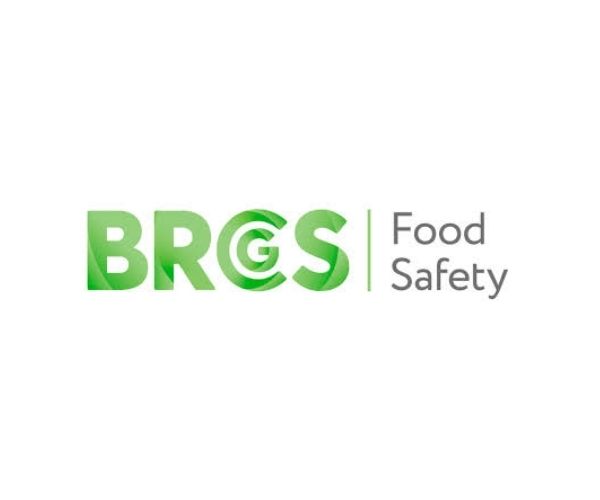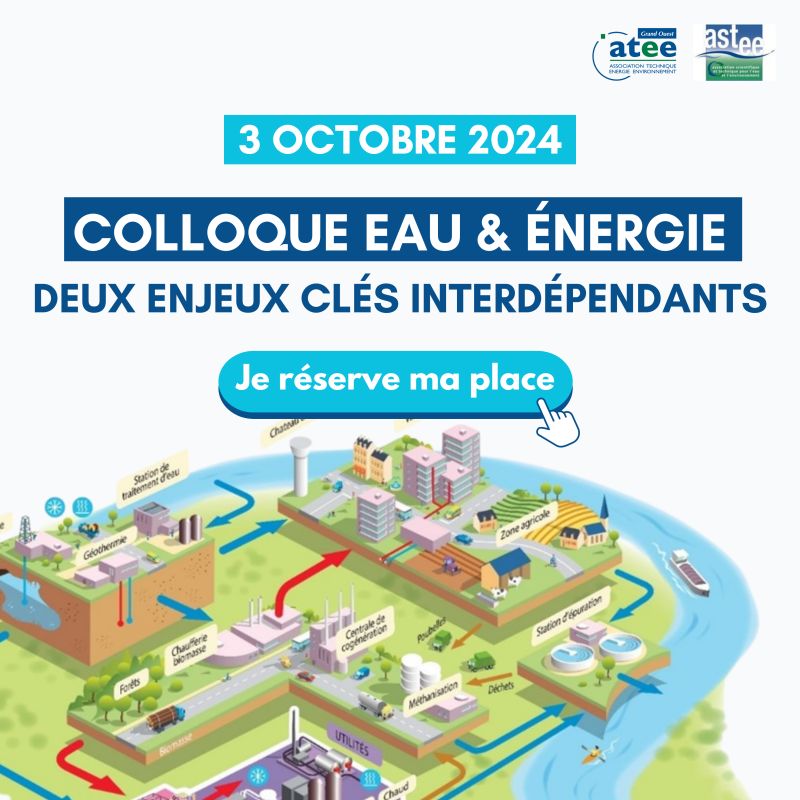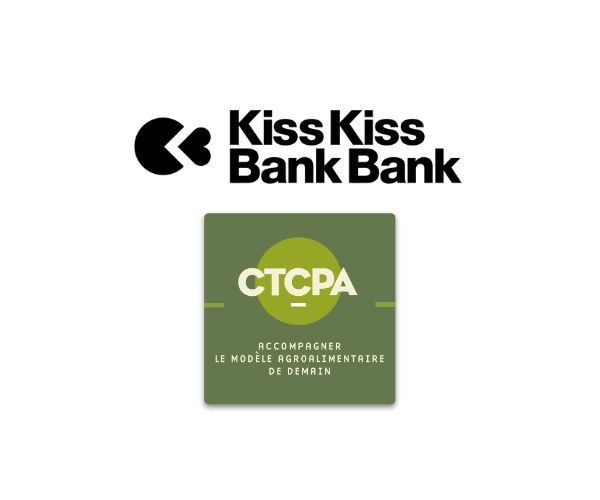Regulations, food safety
Version 9 of the BRCGS Food: what's new?
19
Sep

Published on : 19/09/2022
Since its inception and initial publication in 1998, the BRCGS Food private standard has been regularly updated to reflect the latest food safety considerations and to encourage its adoption worldwide. After a consultation on the draft version from December 2021 to January 2022 to understand stakeholder requirements, and after a review of emerging issues in the food industry, Version 9 was released on August1, 2022. Certification under Version 9 will begin on February 1, 2023.
CHANGES: KEY POINTS BRCGS FOOD V9
Emphasis is placed on the following:
- Encourage the understanding and further development of a food safety culture
- Ensure that this version is globally applicable, consistent with the Codex General Principles of Food Hygiene and meets the requirements of the Global Food Safety Initiative (GFSI) benchmarking
- Expand audit options to include the use of information and communication technology (ICT)
- Update requirements for critical product safety activities such as internal audits, root cause analysis, preventive actions, and incident management
- Provide greater clarity regarding sites performing primary animal processing and feed manufacturing sites.
New requirements for :
- Validation of the HACCP plan (2.12.1)
- Management of suppliers and outsourced processes (3.5.3 and 3.5.4)
- Equipment (section 4.6: 7 requirements instead of 2)
- X-ray detection (4.10.3.5)
- Animal feed (5.8)
- Primary processing of animal products (red meat, poultry, fish) - (5.9)
Specific sections for :
- Food Defense
- Primary processing of animals
__
Did you know that? To prepare you, the CTCPA offers two training courses:







